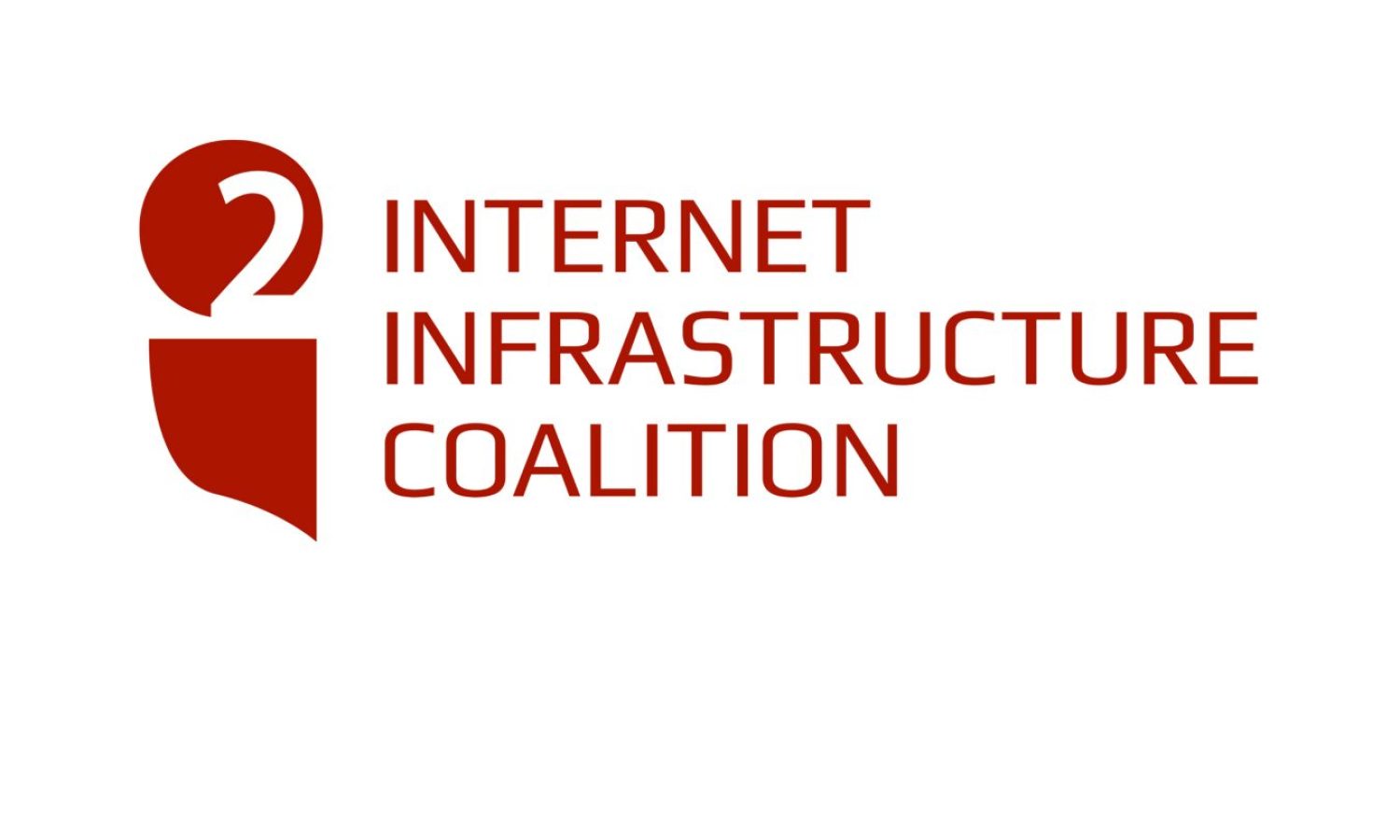i2Coalition Applauds Publishing of Registration Data Policy
The Internet Infrastructure Coalition (i2Coalition) welcomes the publication of the Registration Data Policy by the Internet Corporation for Assigned Names and Numbers (ICANN), outlining the requirements for processing registration data by registries and registrars. This demonstrates the success of the multistakeholder process by creating a policy that offers stability for industry, is respectful of privacy principles and data subjects, and provides flexibility to adapt to future needs.
The Registration Data Policy allows contracted parties to customize their level of data collection and publication based on their business and jurisdictional needs—from a minimum data set, up to the collection of all potential registration data elements—with the ultimate goal of creating a shared standard for processing data by ICANN-contracted parties that respects global principles of data protection; including data minimization and data subject rights.
The i2Coalition applauds the publication of the Policy, given both the evolution and understanding of the privacy rights of individuals and the passing of laws protecting personal data and restricting processing; which had ultimately led contracted parties to be in direct conflict with previous ICANN policy. The Policy highlights the work of the community in addressing these conflicts by incorporating flexible solutions for the global companies that make up the DNS industry—such as protecting registrant’s privacy and personal data by reducing the amount of data processed and ultimately made public.
While some parties still have questions and concerns about the Policy (an inherent part of the consensus-based process), it is clear that the Policy represents a marked improvement for the domain name industry and those responsible for keeping the DNS stable and secure.
The context of the creation and publication of the Policy is crucial: the increased application of privacy and proxy registrations due to user concerns with personal data publication had already drastically reduced the amount of publicly-available data, thus impacting how some parties have used this data for their businesses in the past. It is important to note that the policy addresses this context, while providing risk reduction for industry partners by solidifying the roles and responsibilities of parties and appropriately limiting data transfer while requiring disclosure where legally applicable.
As the leading voice of infrastructure providers, we share the belief that increased control over data processing in order to respect business and jurisdictional needs can reduce overall risk. Even more, this flexible approach will allow operators to adapt to current and future regulations without the need to reopen a policy development process, improving certainty in the policy environment. The Registration Data Policy will, for example, allow contracted parties to comply with the European Union’s NIS2 Directive without any additional policy development. Working together to coordinate their data processing via the Policy, the contracted parties can ensure they don’t duplicate processing, as the NIS2 Directive provides.
The minimum data set protects user privacy and allows parties to process the data appropriate to their role in the domain name registration process. i2Coalition supports registries and registrars working together to implement this Policy.
About the i2Coalition
The Internet Infrastructure Coalition (“i2Coalition”) ensures that those who build the infrastructure of the Internet have a voice in public policy. With more than 100 member brands, we are a leading voice for web hosting companies, data centers, domain registrars and registries, cloud infrastructure providers, managed services providers, and related tech. We protect innovation and the continued growth of the Internet’s infrastructure which is essential to the global economy.

